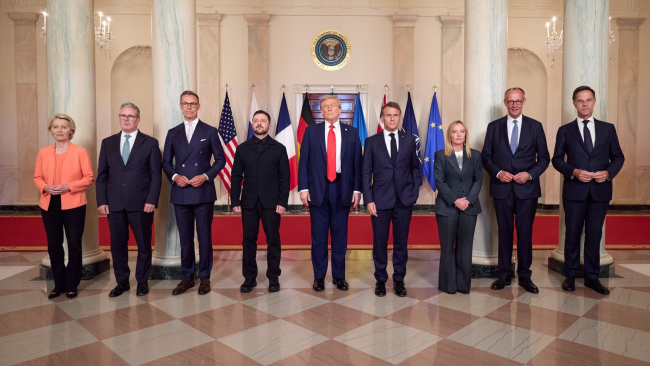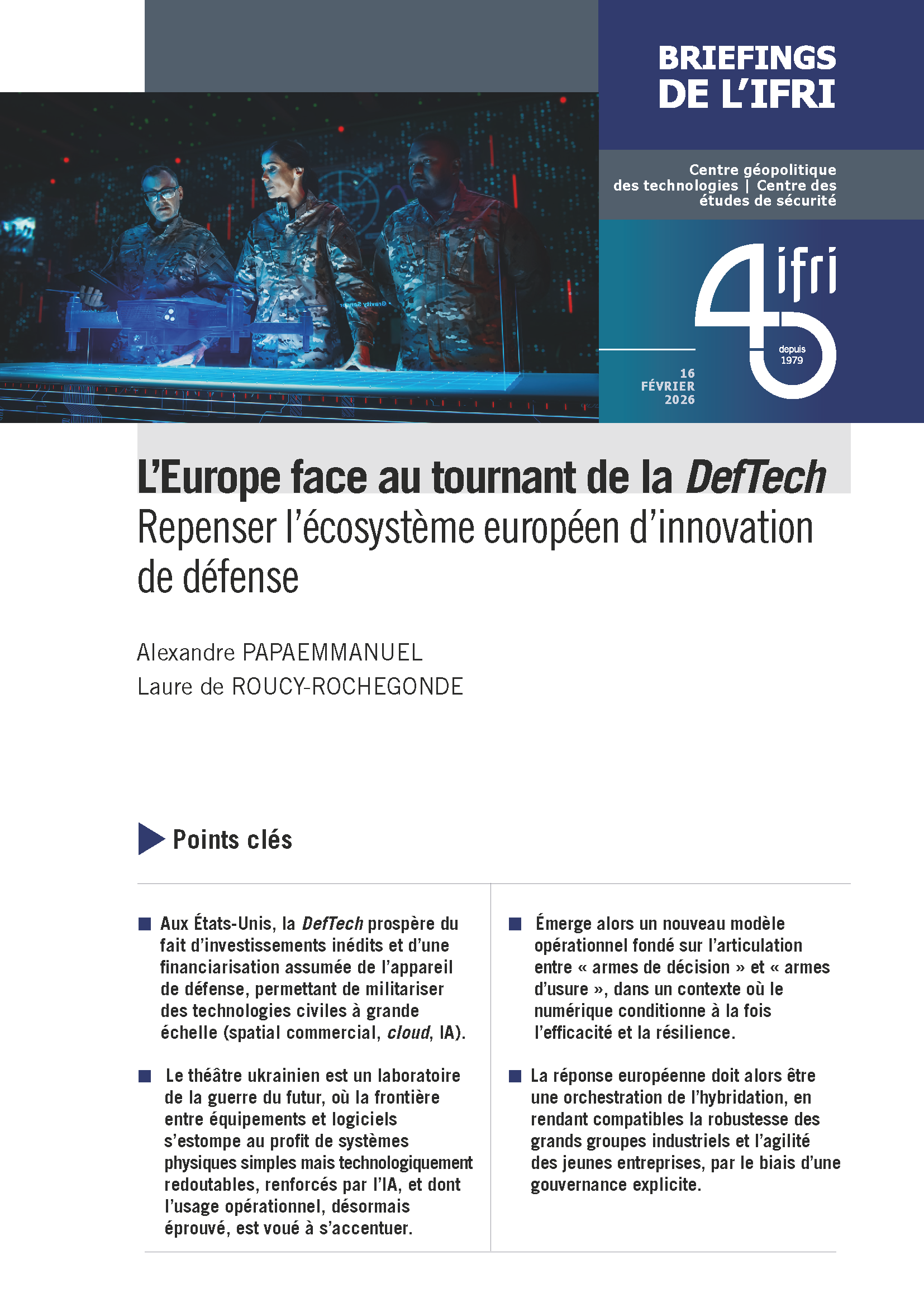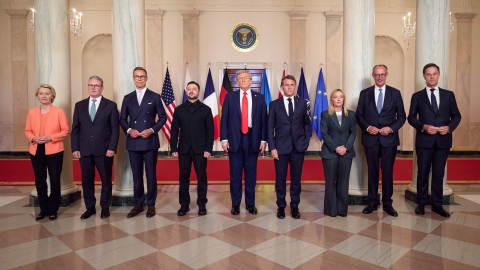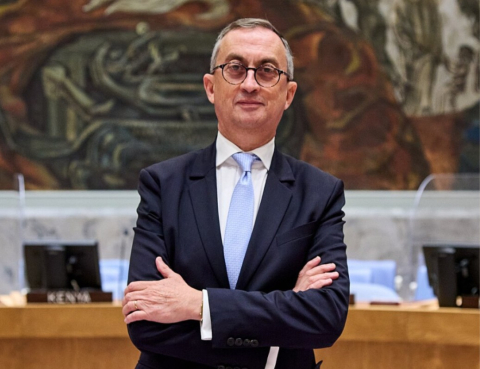
Informations pratiques
Thématiques et régions
Centres et programmes liés
Ceci est un événement réservé.
En savoir plus sur nos programmes de soutienDisputed interpretations of the Law of the Sea
Challenges to the non-proliferation regime
Competing mega-FTAs
Energy Security
How will the rise of Asia shape future international norms and practices?
Join us to discuss this crucial issue with leading experts:
Morning session:
Disputed international norms in East Asia and geopolitical stability
• Interpretations of the Law of the Sea in the Indo-Pacific region and its implications for security
• Competing identities, arms races and proliferation
Afternoon session:
How are Asian powers going to reshape the international norms and practices?
• Asian powers and norms for trade
• Trade and conflict - The risks of interdependency and the coercive use of economic power
Among our speakers are:
Amitav Acharya, Professor, School of International Service, Washington D.C.
Masashi Nishihara, President of the Research Institute for Peace and Security
Commander Jonathan G. Odom, Oceans Policy Advisor in the Office of the U.S. Secretary of Defense ; Judge Advocate General’s Corps, U.S. Navy
Keisuke Sadamori, Director, Energy Markets and Security, International Energy Agency
John Ravenhill, Director of the Balsillie School of International Affairs and Professor of Political Science, University of Waterloo
Yorizumi Watanabe, Professor, Faculty of Policy Management, Keio University
Jean-Pierre Lehmann, Emeritus Professor, IMD, Lausanne; Founder, The Evian Group
Detailed program of the conference
Sujets liés
Autres événements

Quelle politique de défense en Allemagne ?
Face à la guerre en Ukraine et à l’instabilité géopolitique en Europe dans un cadre transatlantique perturbé, l’Allemagne a amorcé un tournant majeur dans sa politique de défense, avec une hausse significative des dépenses militaires, la modernisation de la Bundeswehr et le débat sur un éventuel retour du service militaire obligatoire.

Quatre ans de guerre en Ukraine : verra-t-on la fin du conflit en 2026 ?
Un déjeuner débat autour de Tatiana Kastouéva-Jean, Directrice du Centre Russie/NEI, et Élie Tenenbaum, directeur du

Quel partenariat technologique avec l’Inde ?
Le 16ème Sommet UE-Inde, qui s’est tenu le 27 janvier à New Delhi en présence des dirigeants européens António Costa, Ursula von der Leyen, et du Premier ministre Narendra Modi, marque un tournant dans le renforcement des liens entre l'Union européenne et l'Inde. Parallèlement, les visites bilatérales se multiplient, à l’image de celle du Président français qui s’est rendu en Inde mi-février pour participer au Sommet sur l’Intelligence Artificielle.









